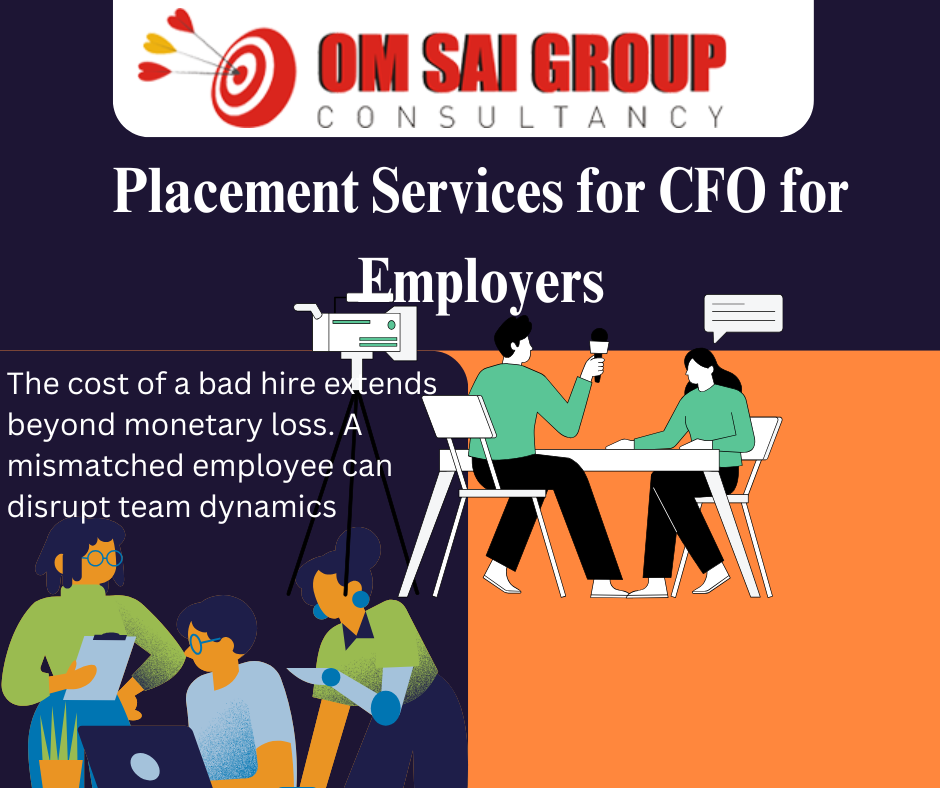RPO Services
- digital osg
- Sep 19, 2025
- 4 min read

5 Brilliant Ways to Teach Your Audience About RPO Services
The Value of Strategic Recruitment Process Outsourcing
Every ambitious business in the world faces one critical challenge: finding and retaining the right talent. In today’s hyper-competitive market, traditional recruitment techniques are no longer enough. This is where RPO services (Recruitment Process Outsourcing) step in as a smarter, structured, and future-ready solution.
For organizations seeking not only efficiency but also innovation in talent acquisition, RPO is more than just a service—it’s a transformative partnership. Explaining this concept to your audience requires more than definitions; it demands storytelling, strategy, and proof of measurable results.
When communicated effectively, business leaders begin to see RPO services not as an abstract concept but as a vital resource for growth. Below are five powerful techniques to help you teach your audience about RPO in a way that informs, engages, and inspires action.
1. Why Your Audience Needs to Care About RPO Services
The first step in education is sparking interest. Many business leaders have heard of RPO recruitment, but few understand the mechanics and benefits. To capture their attention, focus on the real-world pressures they face:
Increasing competition for top talent.
Rising costs of poor hiring decisions.
Leadership bandwidth being consumed by recruitment challenges.
Show them the consequences of ignoring RPO: slower growth, higher costs, and weaker teams. Then contrast that with success stories—companies that embraced RPO, scaled faster, reduced acquisition costs, and secured top performers. Make it clear that inaction is costly, while adoption delivers exceptional rewards.
2. Demystify RPO Services Into Usable Knowledge
Once you have their attention, the next step is to simplify RPO services in HRM without oversimplifying. Connect RPO to challenges they already understand: attrition, overspending, or expansion delays.
Explain that RPO companies are not generic vendors but specialist talent acquisition partners. They design custom strategies, leverage advanced technology, and scale services to match each client’s unique needs.
Examples help make the concept tangible:
A tech company reduced time-to-hire across multiple cities.
A global firm filled niche technical roles under strict deadlines.
A mid-sized company scaled efficiently during seasonal demand.
This clarity builds curiosity about how RPO services solve real-world problems.
3. Position RPO Services as a Strategic Imperative
The next step is to ignite desire. Business leaders must see RPO recruitment not as optional, but as essential to competitiveness.
Highlight how RPO:
Cuts costs and improves ROI.
Enhances scalability for growth.
Improves candidate experience and employer branding.
By presenting RPO firms as strategic allies rather than mere vendors, you show that they bring advanced technology, global insights, and data-driven analytics to the table. This shifts perception—RPO services become a core part of business strategy, not just an outsourced task.
4. Encourage Ownership and Transformation
Education must lead to action. Once leaders understand RPO, encourage them to evaluate their current hiring systems and identify gaps. Provide them with a roadmap for adopting RPO solutions:
Review recruitment strategies for inefficiencies.
Analyze cost per hire, quality of hire, and retention rates.
Compare in-house efforts with the benefits of RPO.
Explore scalable RPO solutions tailored to their needs.
By guiding them through this process, you position RPO recruiters as the first filters of tech-enabled hiring strategies. This creates a mindset shift—from passive awareness to proactive adoption.
5. Show the Job Market and Use Cases of RPO Services
The final step is to demonstrate real-world applications. RPO professionals are constantly redefining methods for global sourcing, employer branding, and advanced analytics. Show your audience how versatile these services are:
Retail: Hiring seasonal staff efficiently while reducing recruitment costs.
Healthcare: Filling niche medical roles with compliance-focused hiring.
Technology: Expanding into new markets with speed and accuracy.
These examples illustrate how RPO services support different industries and business sizes, proving their universal value.
What You Need to Know About RPO Companies
RPO companies specialize in optimizing recruitment through:
Data-driven hiring strategies.
Advanced recruiting technology.
Industry-specific expertise.
Global reach with local execution.
By internalizing recruitment processes, they help businesses become more agile, reduce costs, and strengthen their workforce pipeline.
The RPO Services Perspective in HR Management
RPO in HRM isn’t just about hiring. It’s about redefining HR strategy. By delegating operational recruitment tasks to RPO partners, HR leaders gain time to focus on workforce planning, people strategy, and long-term growth.
Unlike traditional recruitment, RPO recruitment emphasizes predictive hiring, talent pipeline planning, and market intelligence—all of which enhance retention and strengthen employer branding.
The Reach of RPO Firms in India
India has become a global hub for RPO services, thanks to its large talent pool, advanced technology, and cost advantages. Indian RPO firms serve industries like IT, healthcare, manufacturing, and retail, while also catering to global clients who value efficiency and scalability.
What Defines a Great RPO Recruiter?
An RPO recruiter is more than a talent sourcer. They are:
Full-cycle recruitment managers.
Market researchers.
Candidate experience enhancers.
Strategic advisors aligning business goals with talent acquisition.
This mix of strategy and execution makes them indispensable in the modern hiring landscape.
FAQs About RPO Services
Q1: What are the main benefits of RPO services?
A: Cost savings, scalability, improved candidate quality, and stronger employer branding.
Q2: How do RPO services differ from traditional recruitment?
A: They align recruitment with overall HR strategy, focusing on long-term business goals instead of short-term hiring.
Q3: Which industries benefit the most from RPO?
A: IT, healthcare, retail, financial services, and manufacturing.
Q4: Why are RPO companies in India globally competitive?
A: They combine cost efficiency with advanced technology and vast access to skilled talent pools.
Q5: What skills make a successful RPO recruiter?
A: Strategic thinking, analytics, sourcing expertise, and strong communication skills.



Comments